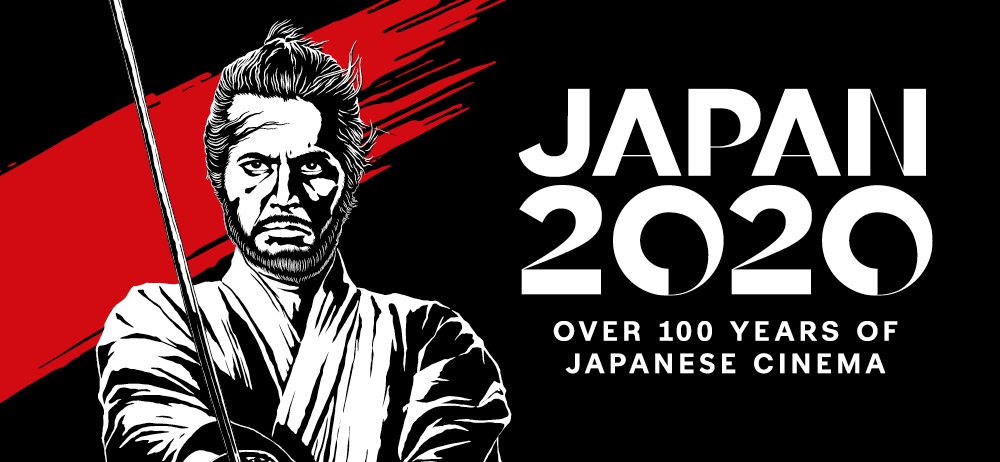Celebrating over 100 years of Japanese cinema, the British Film Institute (BFI) are launching an event from 11 May until October 2020. Originally scheduled to run across the UK from May to September, they’ve decided to launch the collection on BFI Player for cinema fans to honour these Japanese treasures.
From the golden age of Japanese cinema to the J-horror craze, here are our top five recommendations to watch in the collection.
Tokyo Story (1953)

Director: Yasujirō Ozu
Loosely based off the American film Make Way for Tomorrow (1937), Tokyo Story follows an elderly couple living in a small coastal village with their youngest daughter and they decide to visit their older children in Tokyo. The couple are treated more like an obligation rather than family, with the film contrasting the uncaring behaviour of their children to the widowed daughter-in-law who treats them with kindness. It’s an incredible film that has a hugely emotional impact without relying on cliche melodrama. This film has an excellent portrayal of life that’ll leave you reflecting and wanting to be a better person.
Seven Samurai (1954)

Director: Akira Kurosawa
Arguably, the most notorious and popular Japanese epic samurai film. The film takes place during the Sengoku period in Japan, and follows a village of farmers that hire seven rōnin (masterless samurai) to fight off these bandits who threaten to steal their crops. It set a new standard for the industry and largely responsible for the “assembling the team” trope popular in movies. Seven Samurai is an epic adventure with a captivating story, memorable characters and astonishing action sequences that make this one of Kurosawa’s greatest works.
Onibaba (1964)

Director: Kaneto Shindo
Set during a civil war, two women lure and kill soldiers to steal their possessions, but one man ends up getting in the middle of everything. One of the most memorable horror films from Japan due to its creepy imagery and the eerily wilderness. Through its minimalistic style, Onibaba uses symbolism and art to convey the story. It focuses on uncontrollable human instinct and how feelings such as jealousy or lust can lead people to horrific consequences. This is essential viewing for anyone interested in film.
Audition (1999)

Director: Takashi Miike
Based on the novel of the same name by Ryu Murakami, the film follows a widower who sets out to find a new wife suggested by his son. The widower and his friend set up fake auditions to meet a potential new partner, and he finds a woman he’s interested in after interviewing several different women. After they start dating, he soon finds out that she has a dark past that begins to affect their relationship. Audition is an unsettling horror film that messes with the audience psychologically, not being afraid to shock and leave questioning everything.
Ikiru (1952)

Director: Akira Kurosawa
Continuing Kurosawa’s incredible work, Ikiru is a notable difference from his well-known samurai films. The film follows a bureaucrat who discovers he has terminal cancer and tries to find meaning in his life. Based on Leo Tolstoy’s novella The Death of Ivan Ilyich, the film includes themes of the decaying family life in Japan and the inefficiency of bureaucracy. It’s not a loud film, but it conveys what it needs to say and leaves a long-lasting impact whilst doing so. The hero is a businessman trying to enjoy life before he dies, and Ikiru shows this beautifully.
Check out these films and more on BFI Player
By Charlie Vogelsang
Feature image: BFI


